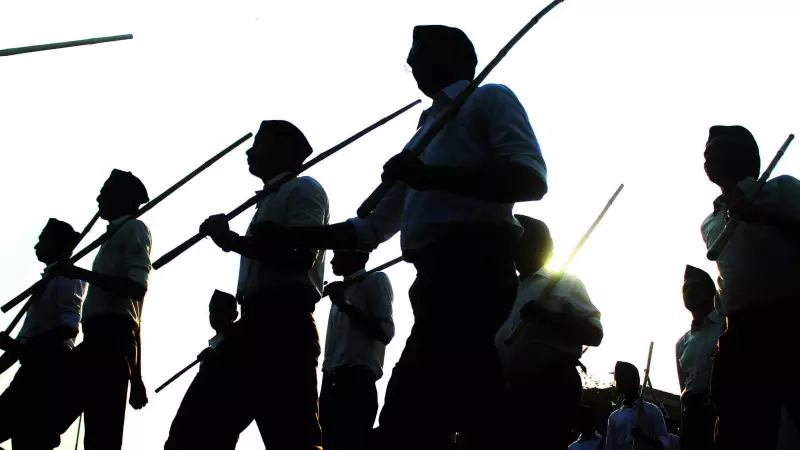
RSS Conducts March in Chittapur After Month-Long Controversy
The Rashtriya Swayamsevak Sangh (RSS) successfully held a route march in Chittapur, located in Karnataka's Kalaburagi district, on Sunday following weeks of political tension and legal battles. The event, which marked the organization's centenary year celebrations, saw participation from approximately 300 people and lasted for about an hour under tight security arrangements.
Legal Battles and Administrative Hurdles
The march was originally scheduled for October 19 but faced significant obstacles when the taluk administration denied permission due to a scheduling conflict with another march organized by Dalit organizations. This decision sparked immediate controversy and led to multiple legal proceedings.
The Karnataka High Court intervened on Friday after several meetings with both RSS and Dalit groups, granting permission for the Sangh to conduct their march between 3 pm and 5:30 pm. While the court imposed restrictions on the number of participants, the political significance of the event attracted RSS supporters from neighboring regions, requiring enhanced police security along the entire route to prevent any untoward incidents.
Following the initial denial of permission for the October 19 event, the RSS had announced its intention to reschedule the march for November 2. This prompted the court to direct the Kalaburagi district administration to mediate between the RSS and Dalit groups. However, a peace meeting convened on October 28 failed to reach a resolution, leading the High Court to ask the Advocate General to secure a truce between the conflicting parties.
Political Controversy and Ministerial Involvement
The decision to deny permission for the RSS march coincided with new guidelines issued by the state government regarding the use of government-owned properties for events organized by various groups. These guidelines emerged shortly after Karnataka Minister Priyank Kharge, who represents the Chittapur Assembly constituency, wrote to Chief Minister Siddaramaiah seeking restrictions on RSS activities within the state.
Kharge faced significant backlash from BJP and right-wing groups for his stance, even as he intensified his criticism against the RSS for operating without proper registration and failing to disclose sources of funding. The minister clarified his position on Sunday, telling reporters that he wasn't opposed to the RSS holding marches but insisted they should follow proper permission procedures.
"Earlier they insisted that they would hold it on a specific date," Kharge stated, accusing the RSS of not following established norms. The minister also made significant allegations regarding financial transparency, promising that "once the noise over Bihar polls subsides, I will reveal how they avoid Income tax in the coming days."
Security and Political Implications
Police authorities implemented heightened security measures throughout the march route to ensure the event proceeded without incident. The political significance of the march extended beyond local concerns, reflecting broader tensions between the ruling government and opposition parties in Karnataka.
The successful conduct of the march following court intervention represents a significant development in the ongoing political dynamics of the region. The event highlights the continuing tensions between different ideological groups in Karnataka and sets important precedents for how such conflicts might be resolved through judicial intervention in the future.
The controversy surrounding the RSS march in Chittapur has brought attention to several key issues including freedom of assembly, the balancing of competing group rights, and the role of state administration in regulating public events. As political parties assess the implications of this development, the event is likely to influence future approaches to handling similar situations across the state.





